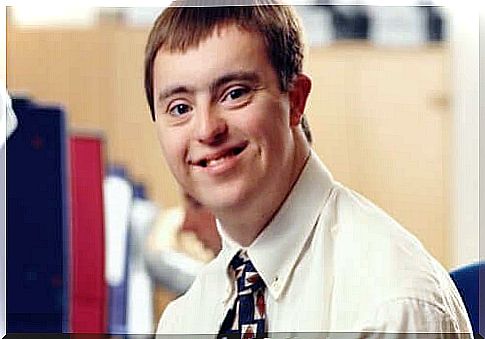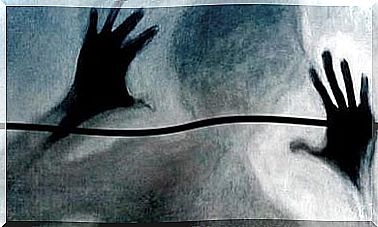How To Deal With A Physical Disability
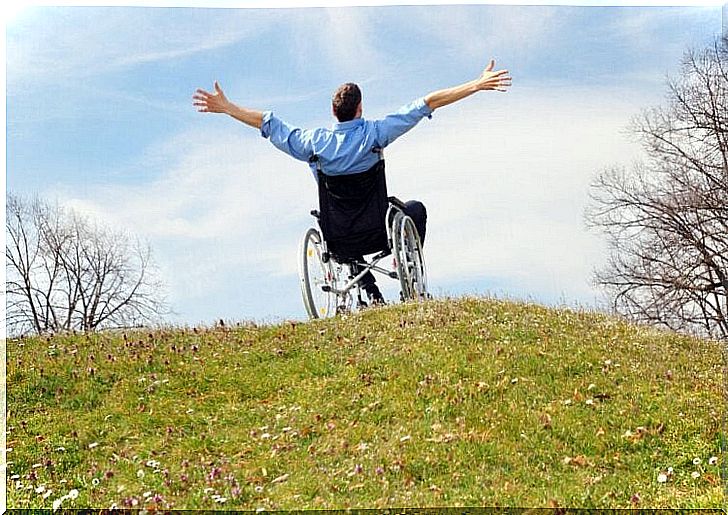
It is very difficult to cope with an acquired physical disability. This is a situation that occurs very frequently and is a great personal challenge due to the great emotional shock it generates in virtually every area of life.
The National Disability Observatory indicates that physical disability (whether motor or organic) is the most widespread at present.
We will therefore propose, below, some ideas to start this new process which involves dealing with multiple griefs (our previous life, our new functionality and our new body, other associated losses and, finally, the new reality that we have to live).
How to deal with a disability
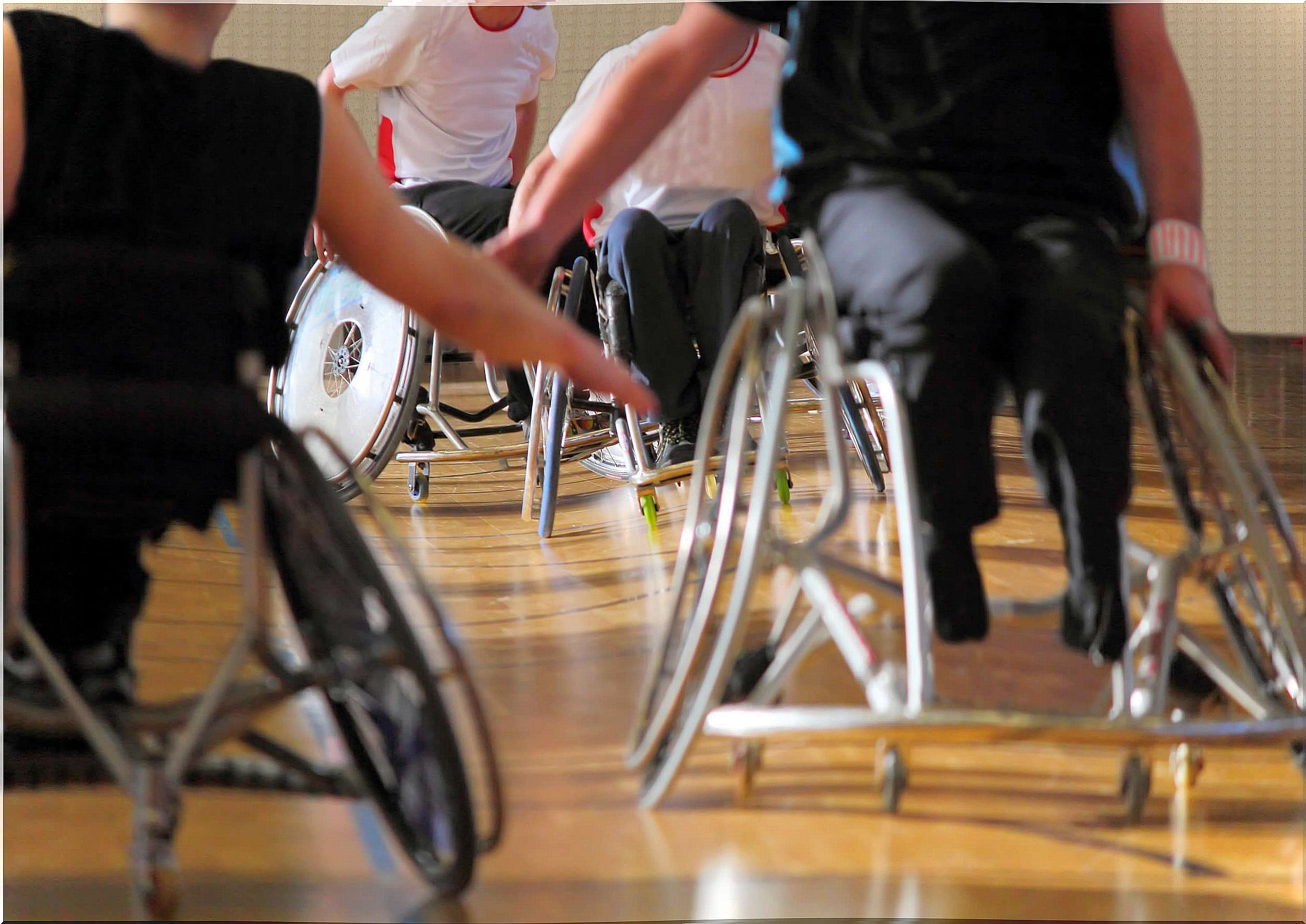
According to Anna Gilabert, a psychologist at the Guttmann Institute, who also suffers from a spinal cord injury following an accident that forces her to use a wheelchair, living with a neurological injury and adapting to it is not not an easy task. The psychologist specifies that this new reality involves facing difficulties in all areas of life : biological, psychological and social.
Each person will have their own resources to deal with their disability, whether they are personal or provided by those around them. Here are some ideas on how to cope with a disability, in this case physical and acquired:
Allow yourself to feel
Dealing with a physical handicap means dealing with a complex situation. It is indeed a split from our previous life . There is a break with the self before. The ego of today also supposes changes and adaptations. Many daily activities can generate a great emotional shock. It is therefore important to allow yourself to feel. All emotions will be valid and acceptable.
We should not limit ourselves in this regard and try to take the guilt away from our feelings. If they are there, it is for something. Remember, emotions are adaptive, even if they are sometimes painful. In addition, they will evolve if we allow it.
Let go of the emotions
Likewise, letting go of our emotions will allow us, in part, to give them space and to channel them. It will be quite normal at this stage, when we are facing disability for the first time, to feel emotions such as anger, sadness, helplessness, frustration …
All are part of mourning (which we will discuss in the next point). Why is it important to let go of your emotions? Because they will help us adapt to the new reality. As psychologist Dafne Cataluña asserts, emotions have a series of functions:
- They evoke comfort when we are sad.
- They keep us away from what is toxic.
- Emotions help create energy when something blocks our goals.
- They allow you to seek security in the face of threats.
Ultimately, emotions help us survive. We must therefore give them the importance they deserve. And most importantly, seek psychological help if we feel that we cannot handle them or that they are beyond us.
Manage anger
Another idea that will help us cope with a disability is to manage anger. It is an emotion that appears very frequently in this type of situation. It is even likely that we end up making our loved ones pay for this inner discomfort that we carry.
First of all, don’t blame yourself. Listen to yourself and try to understand why you are doing this.
Anger can arise for many reasons: because of frustration that we cannot change the new situation as we would like, because of thoughts that end up triggering it (like: “why me?”), Because of anger at oneself for doing this or that (thinking that we could have avoided the accident that led us to this new reality, for example), etc.
It is necessary to understand the origin of this emotion, to grant it its own space and meaning in order to manage it. There are many ways to channel our emotions. For example, sharing how we feel, asking for help, playing sports or other hobbies, looking for new challenges, writing, etc.
Talking to people in the same situation
Many people who have just acquired a physical disability say that what has helped them the most was talking to others who have been through the same thing. It’s about talking to people who can understand us much better. So empathy plays an important role here.
It can also help us become aware of the many things we can still do. Also, to share experiences, doubts and feelings, to put things into perspective, to feel accompanied, etc. It is therefore about being able to observe how others overcame it and succeeded in finding happiness in their new reality.
Go ahead and try a new activity
Whether it’s a sport, a cooking class, study, a new challenge … Without forcing yourself, of course. It can help you move away from the new reality, but in a healthy way, by investing your time and energy in new things that keep you entertained.
The goal is sometimes not so much to take advantage of it as to get out of the apathy in which we often immerse ourselves in this type of situation.
Ask for help if you need it
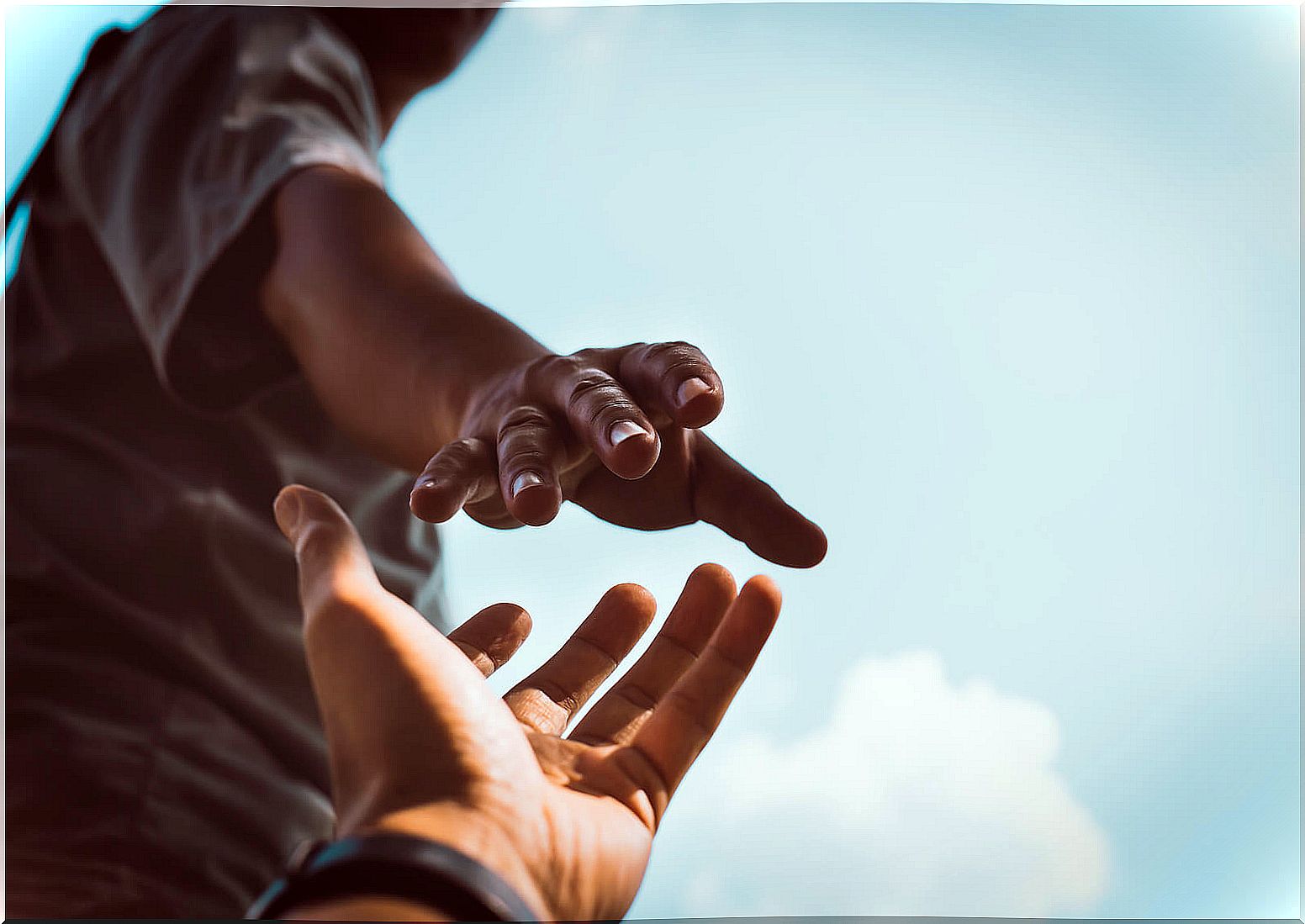
It will also be important to surround yourself with your loved ones and to look for spaces and people with whom to share what you feel, to ask for professional help when you feel the need.
The rehabilitation centers frequented by people who have just acquired a disability have this type of professionals, and this because it is essential to manage the emotional part of this process, beyond the physical (and medical) rehabilitation properly. said.
A new reality: dealing with disability
As we have just seen, dealing with a disability involves a complex challenge because it means facing a new reality in which we do not move in the same way (we sometimes have to use the wheelchair) nor do we perceive ourselves to be the same. same way in the mirror, nor do we feel the same for ourselves or for others. So that something changed although we were the same.
It is important to realize that this is a path, a process of acceptance. We will gradually feel better there and it is clear that it will never be something that is accepted overnight.
We need the support of those around us and to work hard on the fears, doubts and insecurities that arise along the way. It is necessary to bet on our well-being and to fight for the things that make us feel good again.
